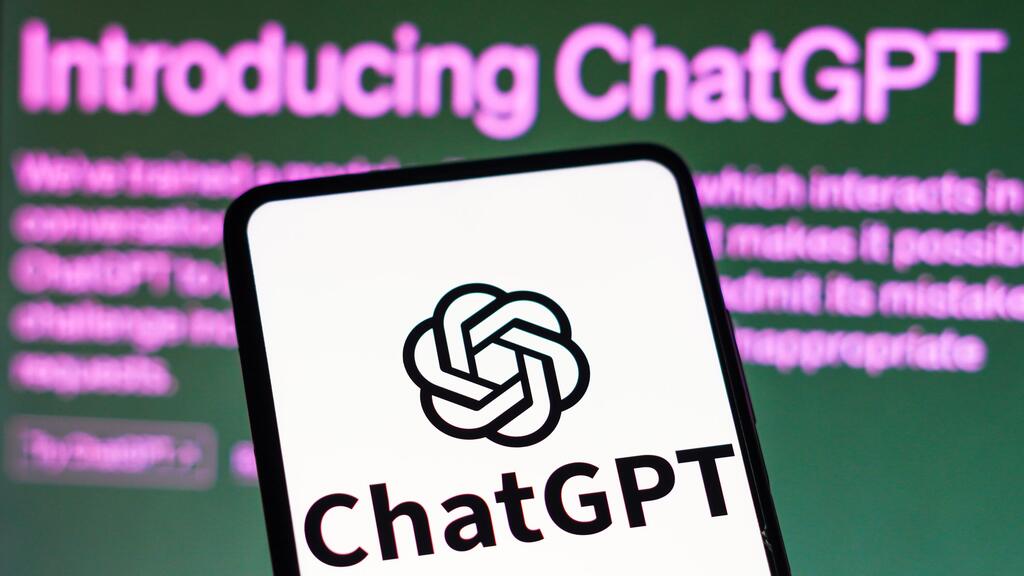Google announced on Thursday morning that its chatbot, Bard, now supports more than 40 new languages - including Hebrew and Arabic - and is being introduced for the first time in Europe and Brazil.
More stories:
In addition, Google released a handful of new features and functions in the chatbot AI's latest round of updates, including expanded linguistic knowledge, more nuanced response controls, and the ability to respond with the spoken word in addition to text.
Bard, Google's answer to OpenAI's ChatGPT, was launched in March and reached Israel in April. Until now, it was available in only three languages – English, Korean and Japanese – and in 180 countries, but not in Europe. Last month, it was reported that its launch in the European Union was delayed due to concerns from the Irish Data Protection Commission (DPC) regarding user privacy.
Aside from Hebrew and Arabic, some of the other languages that Bard will now support include Chinese, German, Hindi and Spanish. Google made it clear that the company will continue to expand Bard's capabilities. "As we bring Bard to more regions and languages over time, we’ll continue to use our AI Principles as a guide, incorporate user feedback, and take steps to protect people’s privacy and data," Bard senior representatives wrote in a blog post on Thursday.
Alongside the expansion of Bard's availability, Google is also enhancing its capabilities. As part of the new features, users will now have the option to either read or listen to the AI's generated responses. This feature, available in Hebrew, is particularly useful for those who want to hear how an unfamiliar word is pronounced in Bard's response. With this feature, users could, for example, ask Bard to write a children's story and instruct it to read the story aloud.
Another interesting feature integrates Google Lens capabilities into Bard for image recognition and analysis. This feature will allow users to upload images and ask Bard to analyze them or generate captions for them. Google suggested one creative way of using this feature could be to upload a picture of a gift you received and ask Bard to compose a thank-you letter. This feature is now live in English, and is supposed to expand to new languages soon.
Furthermore, the new features will help users better customize their experience. You can change the tone and style of Bard's responses to five different options: simple, long, short, professional or casual. This feature is also live only in English for now, and will expand to new languages soon.
An additional update allows users to pin, rename, and pick up recent conversations in the sidebar. In addition, Bard now enables sharing conversations with other users through external applications such as Twitter, Facebook and LinkedIn, as well as exporting Python code to Replit, in addition to Google Colab.
Users can now change the retention period for conversations with Bard from 18 months to three months or 36 months, or even choose not to store the conversations at all by adjusting the settings.
The expansion of Bard's availability is expected to assist Google in its competition against ChatGPT, OpenAI's chatbot that started the trend of Generative AI when it was launched in late November 2022. According to data from Similarweb, last month ChatGPT's website recorded approximately 1.6 billion visits, compared to 140 million visits on the Bard website.






